I hope these quotes will inspire you to use mindfulness to take care of yourself as well. Try focusing your attention on your breath, your body, or your surroundings. Or use awareness as you do an activity you find relaxing, such as walking or jogging; dancing or listening to music; journaling, drawing, or painting; sewing, baking or gardening. You may also want to focus your mind on positive thoughts, like the people and the things you are grateful for and the things you've been able to accomplish. When the stress of the holidays - or life in general - gets you down, try a few mindfulness practices. Perhaps, as they did for me today, they will help you feel a little calmer.
All of us at ECS are wishing you peace and happiness this holiday season!
0 Comments
Think back to when you were a child. What were your favorite ways to play? Chances are you still enjoy a version of those things. Try to bring them back into your life, and provide opportunities for the adults in your personal and professional lives to be playful as well. According to Stuart Brown, there are eight different adult play personalities. You may have one or two of these as your primary ways to play. If you are in a leadership position, it's helpful to know the different styles of play so you can tap into what each person thinks is fun for teambuilding activities. Here are the play personalities:
Here are some teambuilding activities I've found for the different personality types. Try one out at your next staff meeting or family gathering! I've included ways to play that can be done virtually, as the COVID-19 pandemic continues.
Moving
Competing
That person then points to yet another person and says "ZAP!“ That person points to another person and says "ZOP!" This continues, but the words must be said in order: ZIP, ZAP, ZOP. If someone makes a mistake and says a word out of order, that person is out of the game. Virtual Game: “Name, Place, Animal, Thing” https://www.goodhousekeeping.com/life/entertainment/g32098665/best-games-to-play-on-zoom/ To play, pick a letter. Each player lists a famous person's name, a place, an animal, and a thing that begins with that letter. The first person to type them into the online chat wins.
"Virtual Simon Says" "Simon" gives instructions on actions to do, saying “Simon says” before some actions and not others. Participants do only the actions “Simon says.” If they do the action not preceded by “Simon says” they are "out." When only one player remains that person wins. Collecting "Human Treasure Hunt" http://scavenger-hunt.org/25-human-scavenger-hunt-questions/ Go around the room and identify people who meet the criteria on the list:
Virtual "Show and/or Tell" (https://biz30.timedoctor.com/virtual-team-building/) What do you collect? Write it in the chat! If you have a piece of your collection with you, show it, too!
Storytelling "Add-A-Word Stories" adapted from: http://www.icebreakers.ws/small-group/connecting-stories.html
“Exciting Sponge” https://museumhack.com/virtual-team-building-for-remote-teams/ To play, each team member grabs a random object in arms length and creates a story about it. You can default to describing a sponge. The goal is to make up something amazing about the object. The more absurd the better! Be kind to yourself, especially during the COVID-19 pandemic, and put more play in your day. Laugh and be playful every chance you get - you'll be helping yourself and sharing joy with others. Everyone will benefit! References:
Brown, S. (2009). Play: How it shapes the brain, opens the imagination and invigorates the soul. New York: Penguin. Frost, J., Wortham., S. & Reifel, S. (2011). Play and child development (4th ed.,). Upper Saddle River, NJ: Pearson. Magnuson, C. D., & Barnett, L. A. (2013). The playful advantage: How playfulness enhances coping with stress. Leisure Sciences, 35, (2), 129-144. National FFA Organization. (2009). Leadership on the go: A library of activities for inside and outside the classroom. www.siue.edu/SIPDC/PD/communication/LOG.FFA_Leadership. pdf. Proyer, R. T. (2012). A Psycho-linguistic study on adult playfulness: Its hierarchical structure and theoretical considerations. Journal of Adult Development, 19, (3), 141-149. Torbert, M. & Schneider, L.B. (2005) Follow me too: A handbook of movement activities for three- to five-year-olds. Washington, DC: NAEYC. Yu, P., Wu, J. J., Chen, I. H., and Lin, Y. T. (2007). Is playfulness a benefit to work? Empirical evidence of professionals in Taiwan. International Journal of Technology Management, 39, (3-4), 412-429. |
AuthorI'm Diane Goyette, a Child Development Specialist, Trainer, Consultant and Keynote Speaker. I'm excited to share my blog! Archives
August 2023
Categories
All
|
|
Ways to Contact Us:
Schedule an Appointment |
|
Follow earlychildhoodspecialties for encouragement, teaching tips and more!
|
Follow eepworm for child-friendly posts!
|
© 2013-2024 Early Childhood Specialties LLC. All rights reserved.


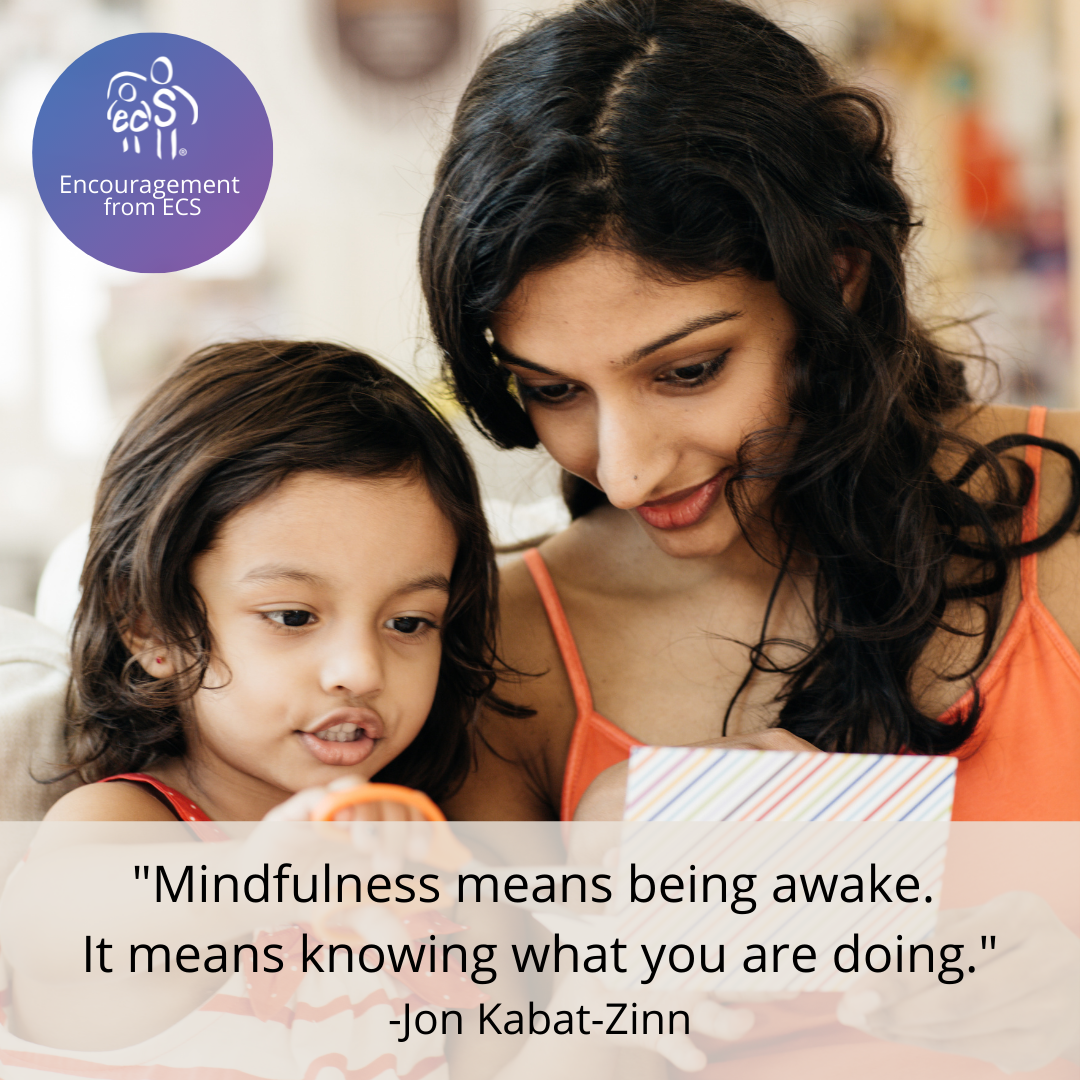
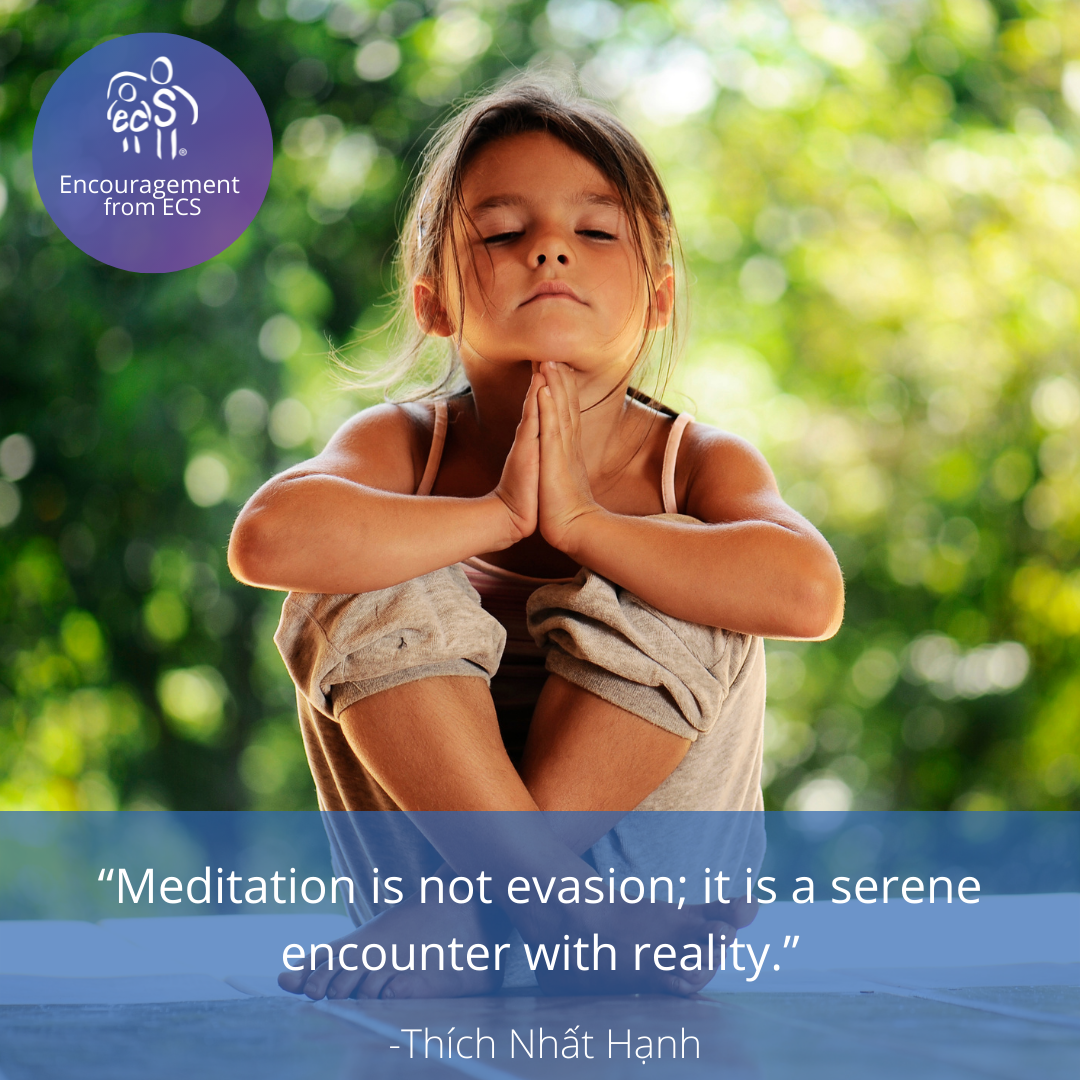
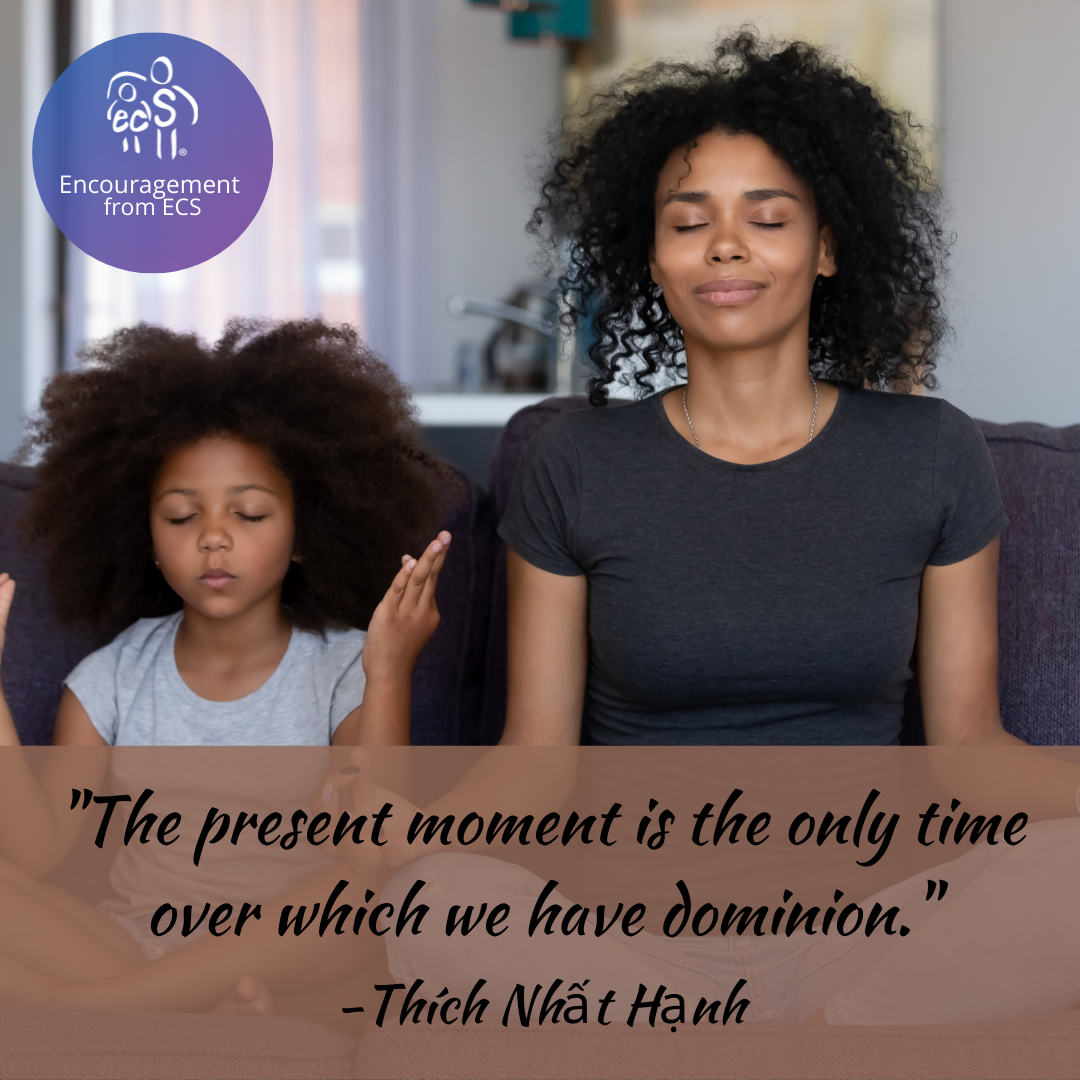
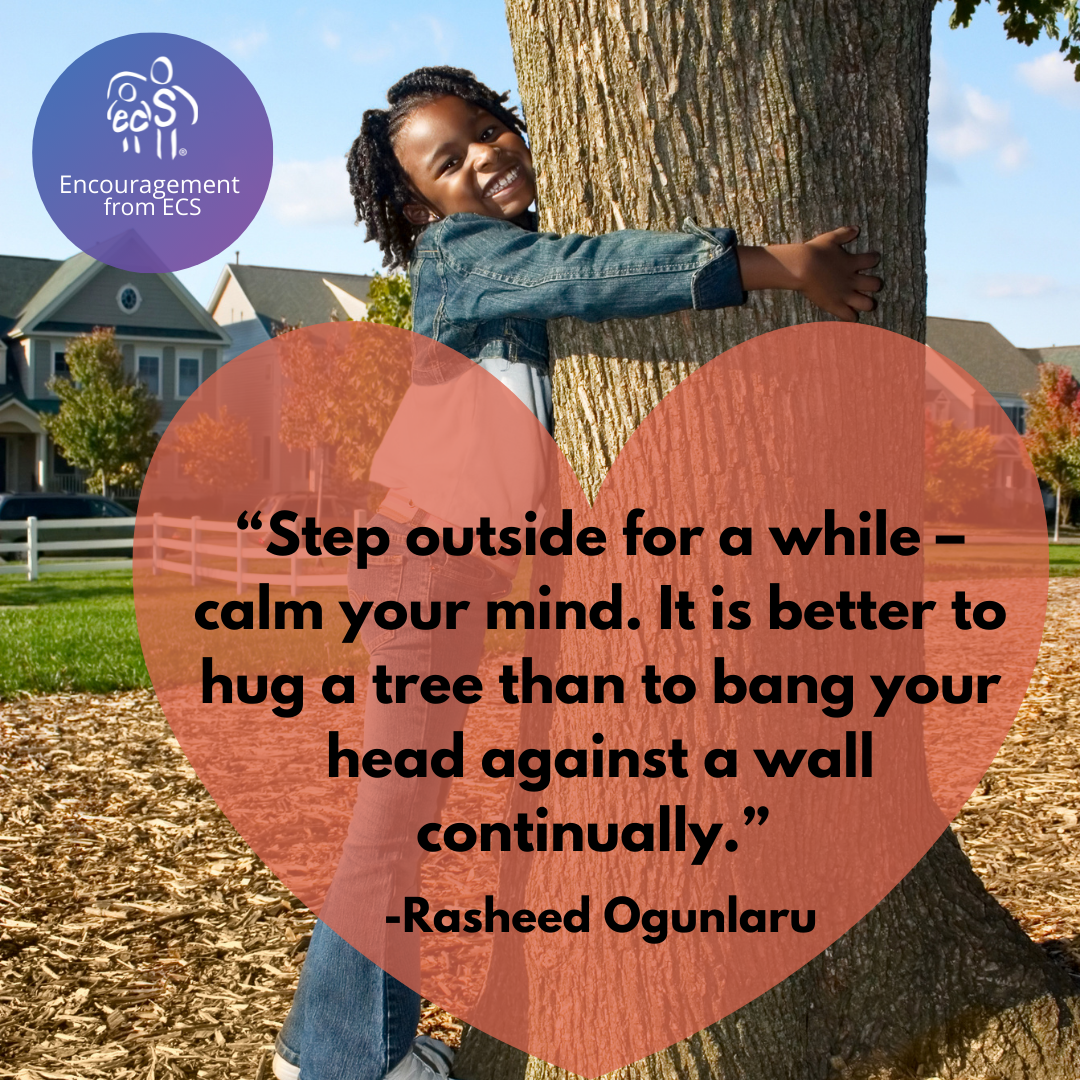
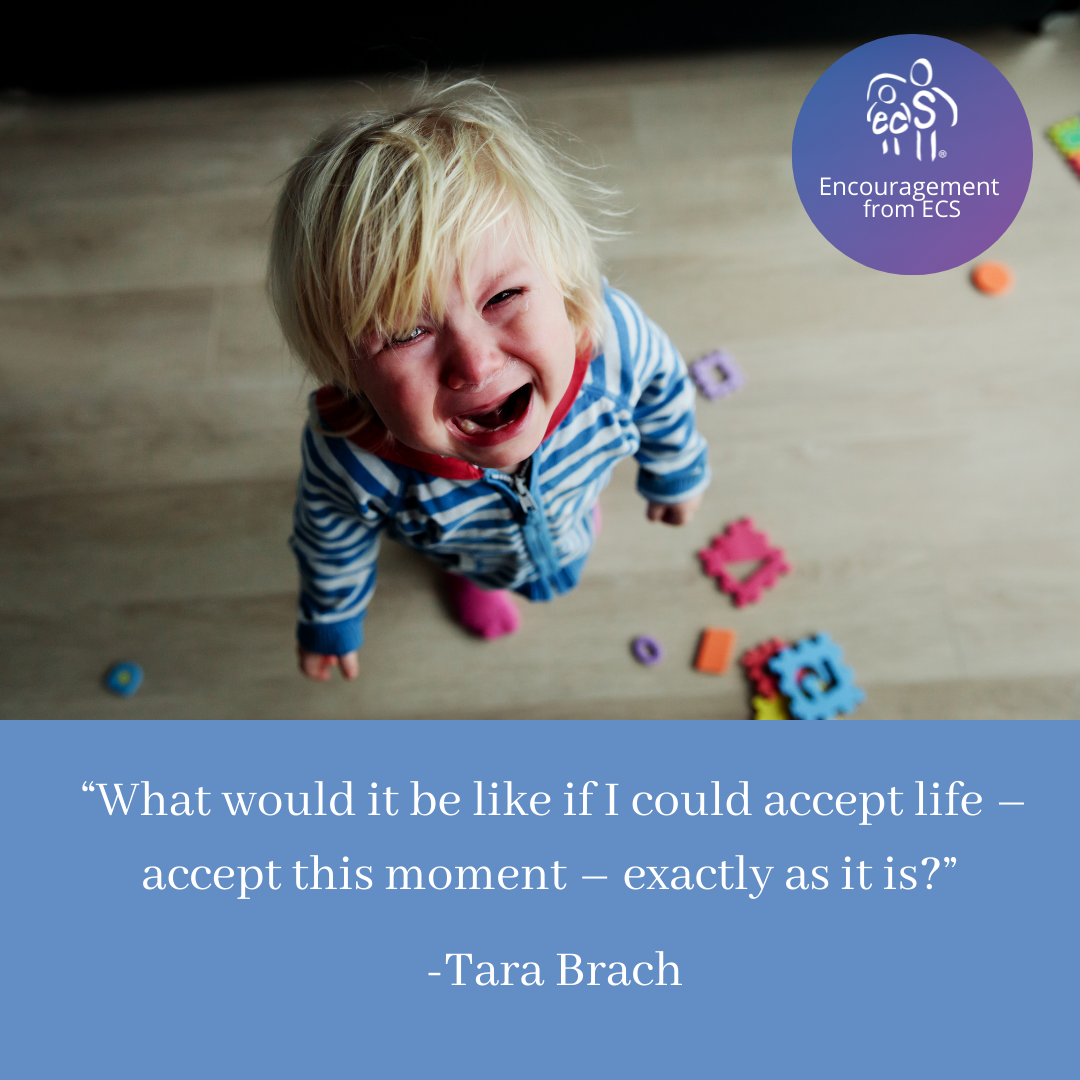
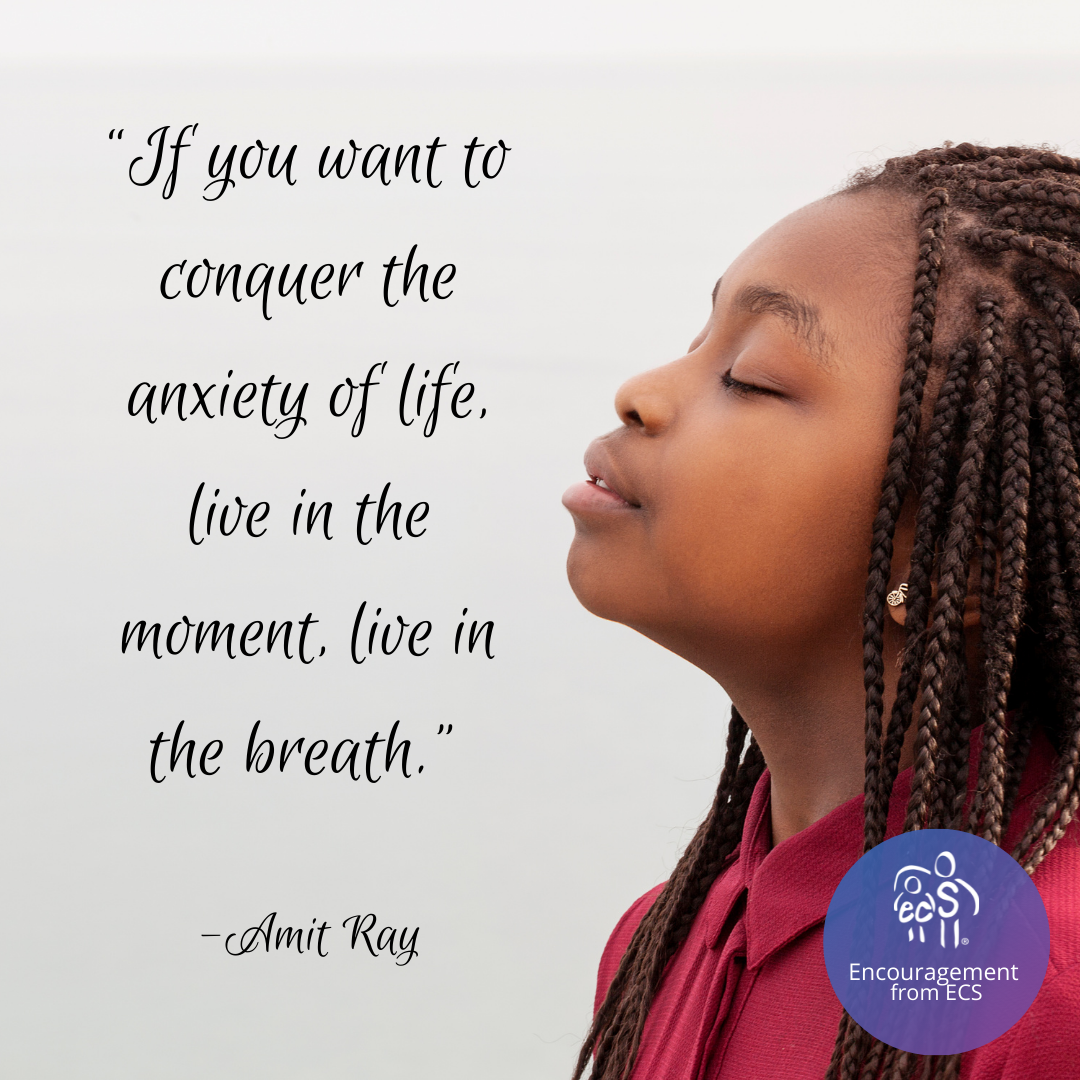


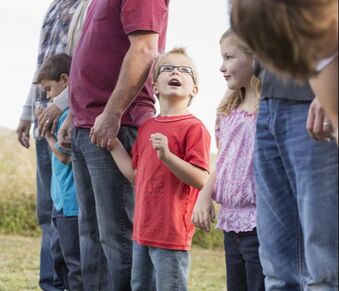

 RSS Feed
RSS Feed